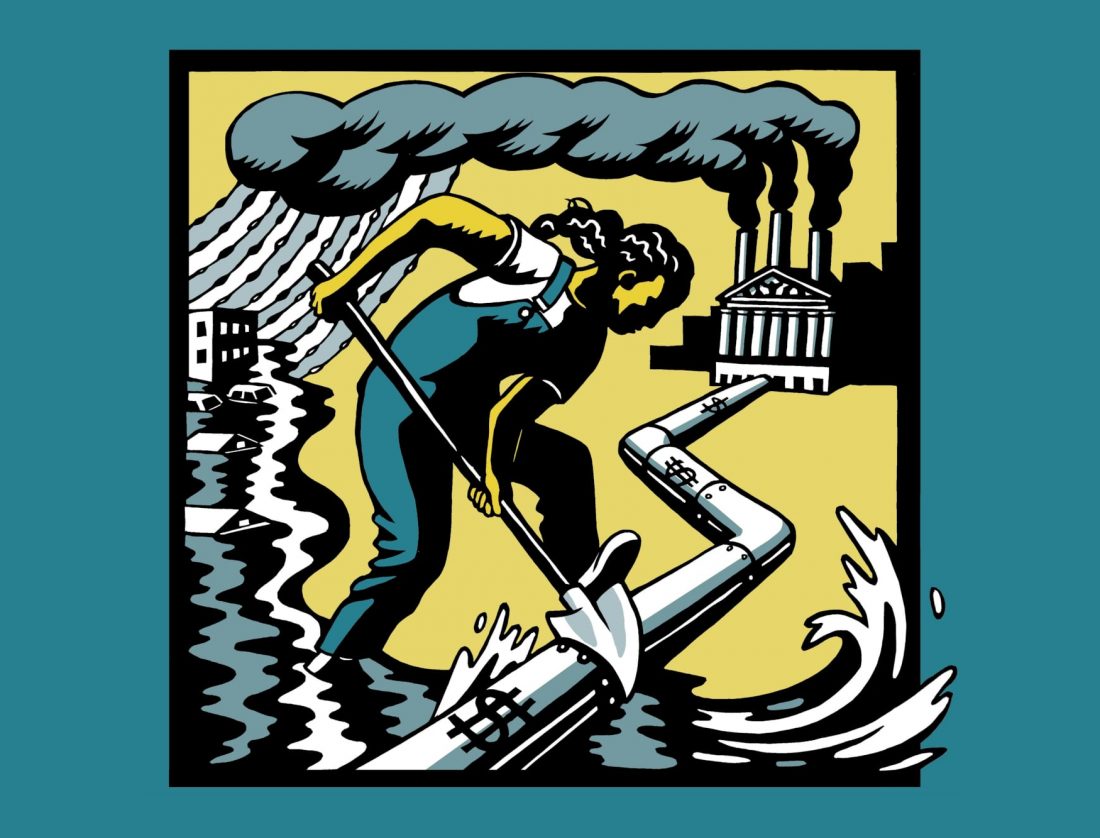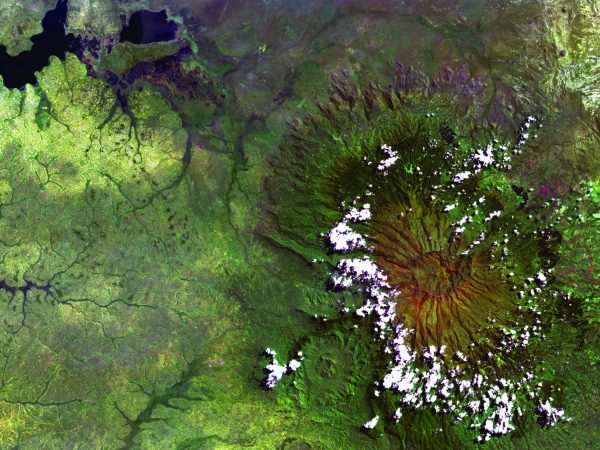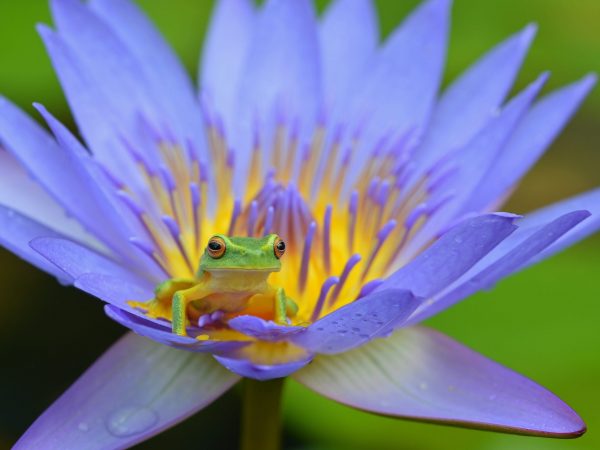What is Line 3?
Line 3 is the largest of three pipelines that move oil from the Canadian Tar Sands to ports on either the east or west coasts of North America. It is an Enbridge Energy owned pipeline that starts in Alberta, Canada and ends in Superior, Wisconsin, crossing Northern Minnesota on the way. A new pipeline is being proposed that will replace the old one, and if it is successful, the old pipeline will be abandoned to corrode in the ground.
We have to appreciate that local problems have global ramifications from the moment they begin.
The newly proposed pipeline that would pass through Minnesota…
… impacts the waterways that feed into the Mississippi River, touching nearly 68 million residents who rely on this as their source of clean water. It would endanger more than 800 wetlands and 200 waterways.
… would contribute as much pollution to our environment as 50 new coal-fired power plants.
… crosses 41 rice fields used by the Anishinaabe, where their ancestors have been harvesting rice for hundreds of years, ignoring long standing Native treaties that guarantee hunting and fishing rights.
From Organizers:
All pipelines spill. Line 3 isn’t about safe transportation of a necessary product, it’s about expansion of a dying tar sands industry. Line 3 would contribute more to climate change than Minnesota’s entire economy. Minnesota’s own Department of Commerce found our local market does not need Line 3 oil. We need to decommission the old Line 3 and justly transition to a renewable, sustainable economy. Line 3 would violate the treaty rights of Anishinaabe peoples and nations in its path — wild rice is a centerpiece of Anishinaabe culture, it grows in numerous watersheds Line 3 seeks to cross. It’s well-past time to end the legacy of theft from and destruction of indigenous peoples and territories.
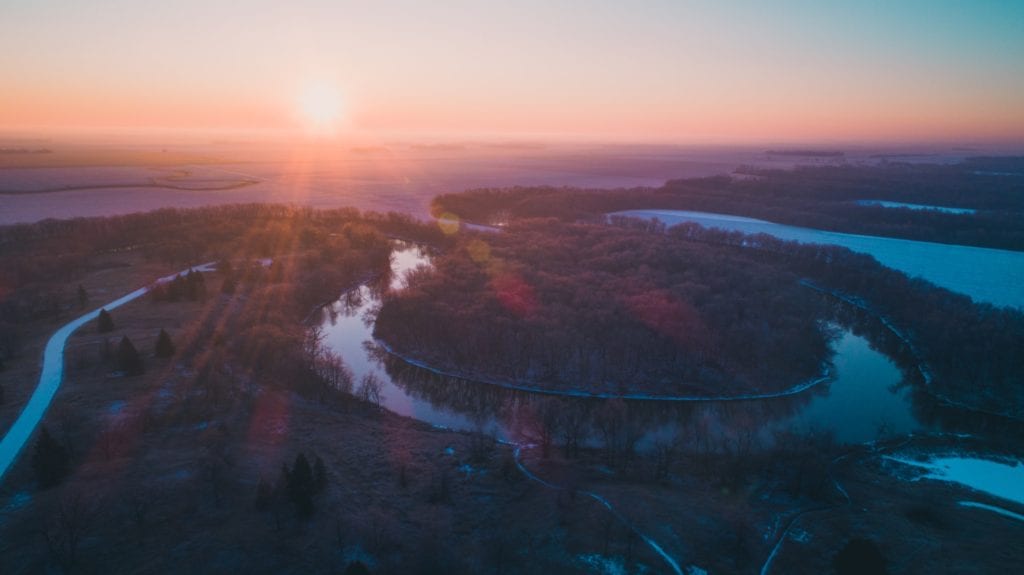
© William DeHoogh from Unsplash
The pipeline would carry tar sands oil through a 337-mile route, causing irreparable harm to the climate and the environment. Meanwhile, Enbridge intends to leave over 90 percent of the existing Line 3 buried in place underground, where it will continue to corrode.
Major banks ― such as JPMorgan Chase, Wells Fargo, Bank of America, CitiBank and TD Bank ― have loaned billions of dollars to Enbridge so it can build Line 3. Those banks are profiting from the Line 3 pipeline. They are enabling the pipeline. They are complicit in the pipeline. And they will be held accountable.
Through an EcoDharma Lens
The communities who call this region home know of its critical importance to those downstream. In his book Our Only Home, the Dalai Lama writes, “We are social animals with a sense of belonging to a community. We have to realize that just as our future depends on others, theirs depends on us. Our world is deeply interdependent, not only in terms of economies but also in facing the challenge of climate change. We have to appreciate that local problems have global ramifications from the moment they begin.” Our sense of the interdependence between all living systems provides a moral compass that reinforces the need to live compassionately and respectfully with all things. It invites us to expand our awareness beyond our sense of self to see and respond to the injustices perpetrated to cultures and living communities among us. There is no room for greed and avarice as our open hearts are needed to bear witness and respond with loving action in the face of the world’s suffering and misery.
Sixty-eight million people rely upon this water that comes from up here in Northern Minnesota, and it goes all the way down to the Gulf of Mexico, and along the way there are cities — people that drink straight from the river here.
Line 3’s brutal extraction from the land would put ecosystems and communities at risk, and how that risk of harm is allocated is not evenly distributed across all members of society. The Native resistance in Northern Minnesota is confronting environmental racism as the systemic, persistent form of harm that it is. Just as the risk is not evenly distributed, nor is the benefit. The resulting wealth that accrues from this would go to the ownership class, the capital class, and would be allocated in an existing pattern of accumulated privilege.
Get Involved
We have a critical opportunity to get involved in small or large ways. As soon as the Mississippi River thaws, there are plans to begin construction of the pipeline under the river.
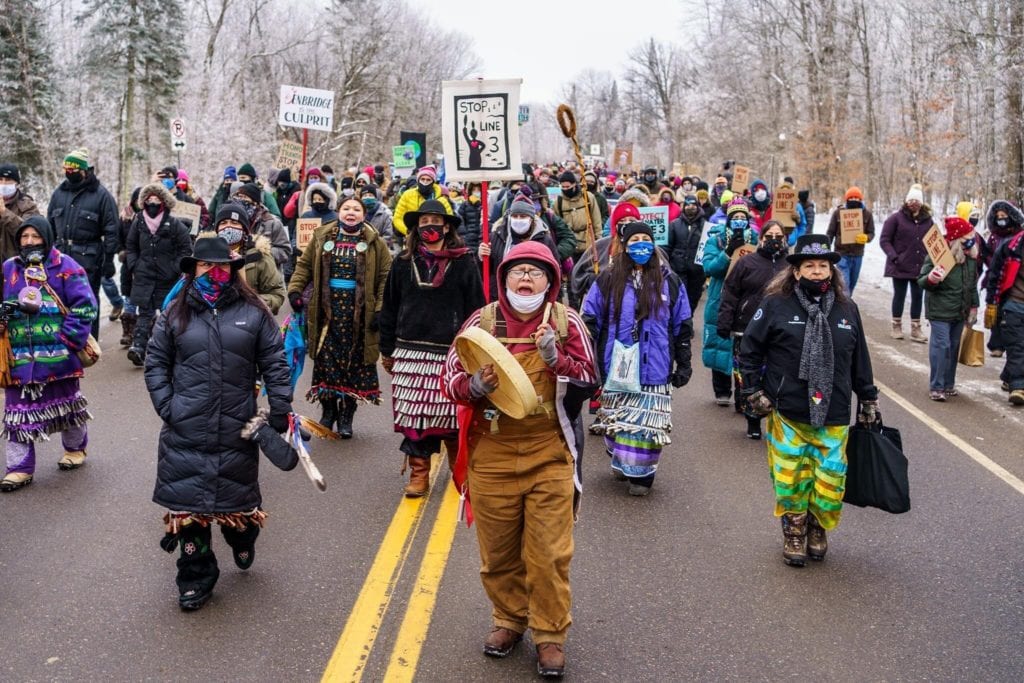
Leaders on the frontlines are calling on activists around the country to organize #DefundLine3 actions at branches of the banks funding this toxic pipeline.
- Tell Banks: Defund Line 3
- Tell Biden: #StopLine3 Pipeline
- Check out the @stopline3 linktree for information about how to join the movement to stop line 3 by donating, attending a workshop or rally, helping allies on the frontlines get supplies, and more.
- Stay up-to-date with the struggles on the frontlines by following the Giniw Collective, Camp Migizi, Gitchigumi Scouts, RISE Coalition, the Red Lake Treaty Camp, Honor the Earth, MN350, Stop Line 3 and Welcome Water Protectors Center on Facebook, Twitter and Instagram.
